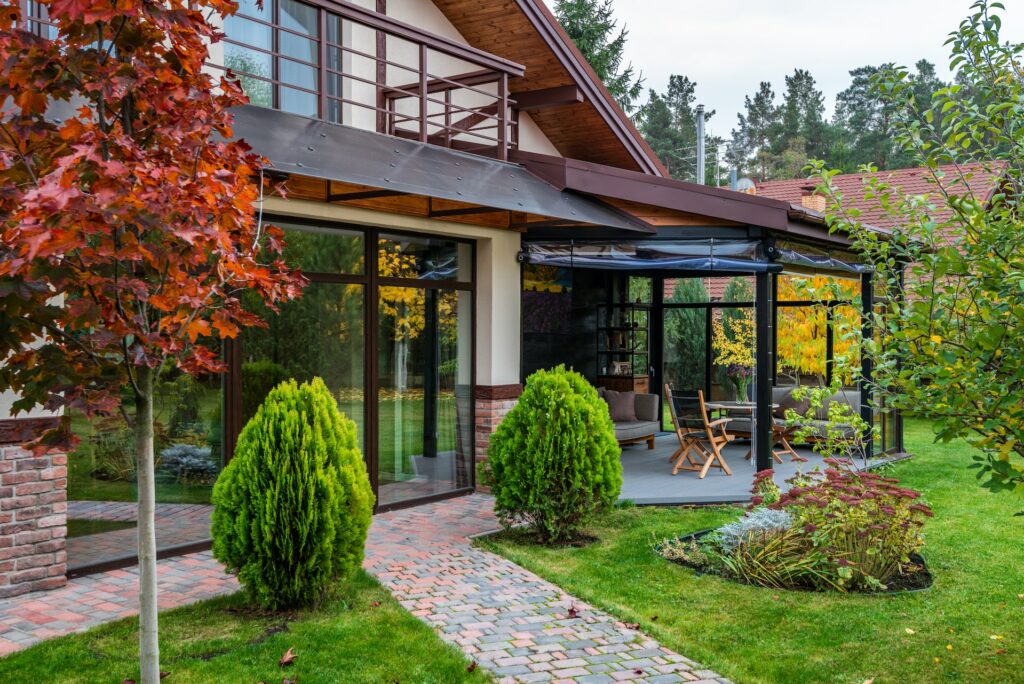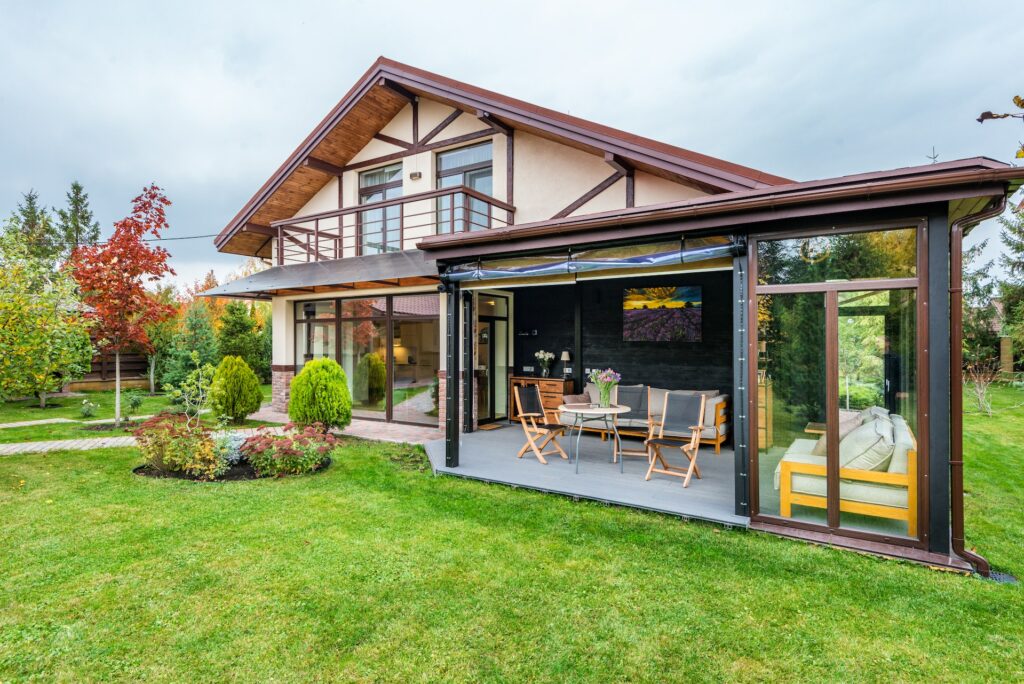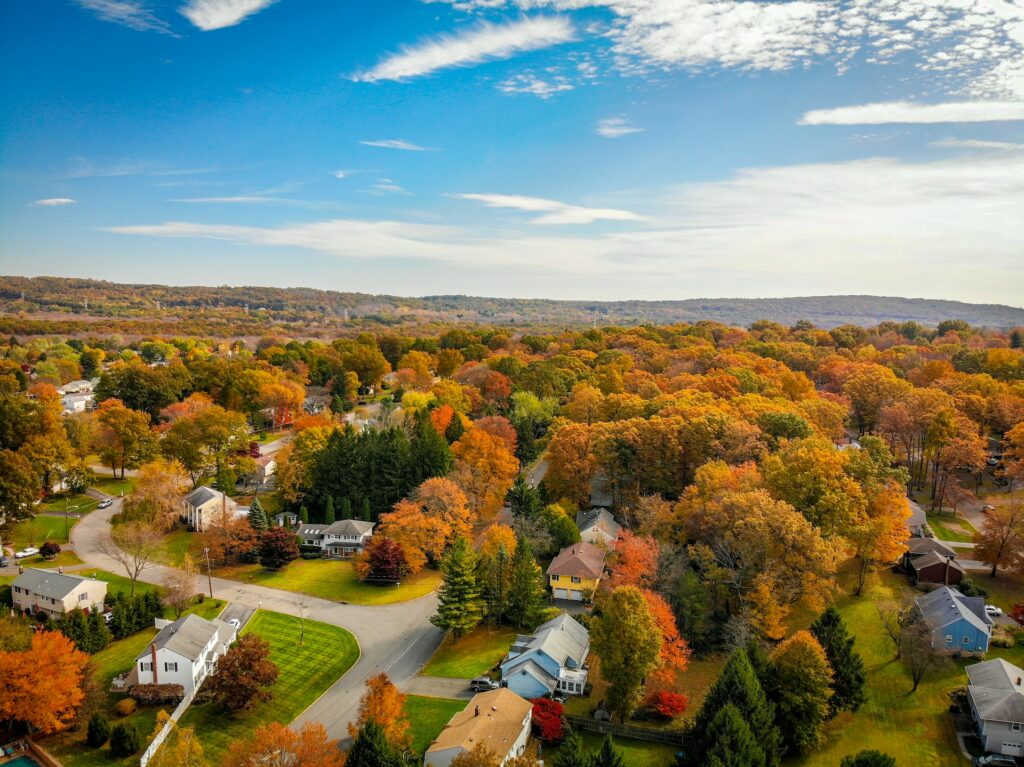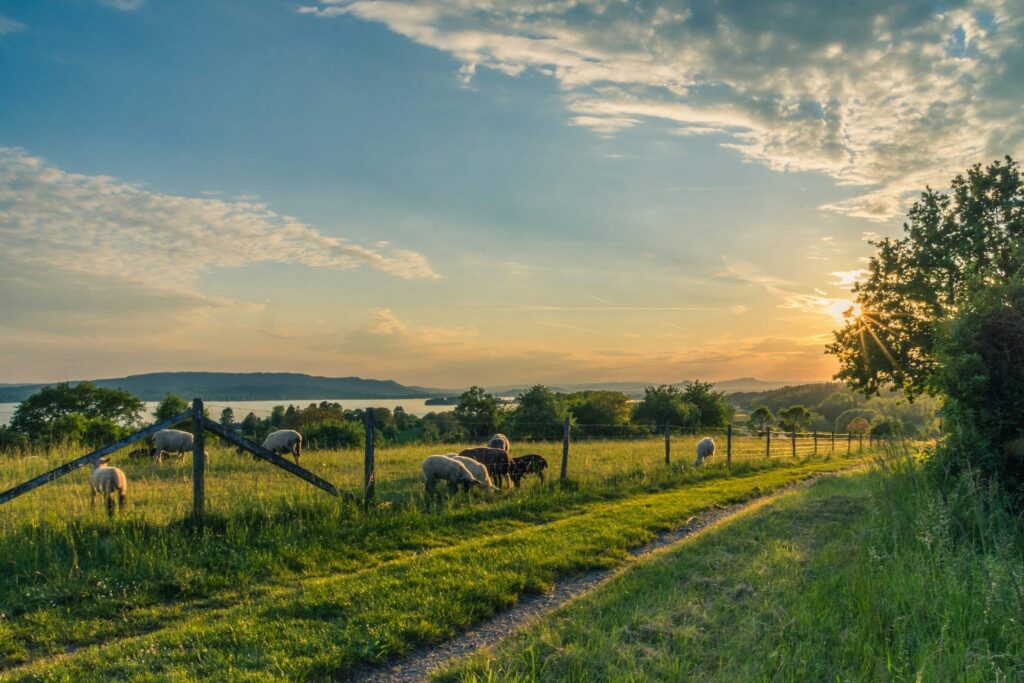Question: Does property tax increase after buying a house in Ontario? Answer: Property tax may increase after buying a house in Ontario if the purchase price is higher than the previous assessed value. The new assessment will reflect the property’s current value, which could result in a higher property tax. Does Property Tax Increase After […]
Question: What is the most likely cause of an increase in property tax? Answer: The most likely cause of an increase in property tax is a rise in the assessed value of the property. If the local government revalues properties and determines that your property’s value has increased, your property tax may go up accordingly. […]
Question: Can You Lower Your Property Taxes Ontario? Answer: Yes, property owners in Ontario can try to lower their property taxes by appealing their property assessment, providing evidence of comparable properties with lower assessments, or demonstrating that the assessment is inaccurate due to errors in the property’s details or other factors. Can You Lower Your […]
Question: What is the Most Property Taxes Can Increase? Answer: The maximum percentage by which property taxes can increase in Canada varies by province and municipality. There is no fixed limit, and the increase is subject to local government regulations and annual budget decisions. What is the Most Property Taxes Can Increase? Safeguarding Home Value […]
Question: Are Property Taxes Public Record in Canada? Answer: Yes, property taxes are generally public record in Canada, allowing individuals to access information about property assessments, tax rates, and payment history through municipal or provincial government offices. Are Property Taxes Public Record in Canada? Property Taxes and House Worth Owning real estate comes with a […]
Question: What is the Difference Between Tax Assessment and Appraisal? Answer: The difference lies in their focus and purpose. A tax assessment determines a property’s value for taxation, while appraisal assesses its market value for buying, selling, or financing, typically conducted by a licensed appraiser. What is the Difference Between Tax Assessment and Appraisal? Tax […]
Question: Is property tax deductible in Canada? Answer: Property tax is generally not deductible for personal residences in Canada. However, it may be deductible for certain rental properties or business properties as part of the operating expenses. Can You Claim Property Taxes on Your Tax Return Canada? How Property Tax Can Influence Your Property’s Value […]
Question: How Do I Find the Assessed Value of my Property in Ontario? Answer: You can find the assessed value of your property in Ontario by visiting the Municipal Property Assessment Corporation (MPAC) website, using their property search tool, or contacting MPAC directly to inquire about your property’s assessment. How do I Find the Assessed […]
Understanding Property Tax Assessments – A Primer Property tax assessments are a fundamental part of owning real estate. But what are they, and how do they work? Let’s dive into this topic. For more information Let’s Talk The Nuts and Bolts of Property Tax Assessments At its heart, a property tax assessment is the method […]
Question: What Is The First Time Home Buyer Program in Ontario? Answer: The First-Time Home Buyer Program in Ontario includes benefits from a comprehensive support package. This includes the federal First-Time Home Buyers’ Tax Credit (HBTC) and the tax-advantaged First Home Savings Account (FHSA). Additionally, buyers can use the Home Buyers’ Plan (HBP) to withdraw […]
Question: How Much is The Rebate For First-Time Home Buyer in Ontario? Answer: Ontario offers first-time home buyers a provincial Land Transfer Tax rebate of up to $4,000. This can completely cover the tax on an eligible home valued up to $368,333, helping to lower the closing costs associated with purchasing a property.Calculating the Rebate […]
Question: How Much Does a First-Time Home Buyer Need To Put Down in Ontario? Answer: In Ontario, the minimum amount that a first time home buyer is tiered. For homes up to $500,000, it’s 5%. For homes between $500,000 and $999,999, it’s 5% on the first $500k and 10% on the remainder. Homes $1 million […]
Question: Can You Use TFSA for a First Time Home Purchase? Answer: Yes, you can use TFSA for a first time home purchase. Withdrawals from a TFSA are tax-free and can be used for any purpose, including a down payment. The amount you withdraw is also added back to your contribution room in the following […]
Question: Are First-Time Home Buyers Exempt From Land Transfer Tax in Ontario? Answer: No, first-time home buyers are not exempt from Land Transfer Tax in Ontario but they may be eligible for a refund. Qualified first-time buyers can receive a provincial land transfer tax refund of up to $4,000, which covers the full tax on […]
Question: Does the Canadian Government Help First Time Home Buyers? Answer: Yes, the Canadian government helps first time home buyers through various programs. These include the tax-free First Home Savings Account (FHSA), the Home Buyers’ Plan (HBP) for RRSP withdrawal, and tax credits to help with down payments and closing costs. Government Support for Your […]
Question: Does the First Time Home Buyer Pay Land Transfer Tax Ontario? Answer: Yes, the first time home buyer pays land transfer tax but they qualify for a provincial land transfer tax rebate of up to $4,000. This can eliminate the tax on qualifying homes. Buyers in Toronto may also be eligible for an additional […]
Question: Do Couples Lose First-Time Home Buyer Status if One Partner Bought in The Past Canada? Answer: Yes, couples lose their first-time home buyer status. For federal programs like the Home Buyers’ Plan, you are disqualified if either you or your spouse/common-law partner owned and occupied a home in the four preceding years. Prior ownership […]
Question: Do First Time Home Buyers Get a Tax Break in Ontario? Answer: Yes, first-time home buyers in Ontario are eligible for a Land Transfer Tax refund. This provincial tax break provides a rebate of up to $4,000 to help offset the cost of purchasing their first home. Are Tax Breaks Available for First-Time Home […]
Question: What Benefits Do First Time Home Buyers Get in Ontario? Answer: Benefits that first time home buyers get in Ontario include a Land Transfer Tax refund of up to $4,000. Buyers can also access federal programs like the RRSP Home Buyers’ Plan and the tax-free First Home Savings Account (FHSA) for their down payment. […]
Question: What Is a Back Up Offer? Answer: A backup offer is a signed agreement that puts a buyer in second place for a property that is already conditionally sold. If the first deal collapses, this offer automatically moves into the primary position, securing the property for the backup buyer. The Role of a Back […]
Question: What Is the Counter Offer Rule? Answer: The counter offer rule in real estate allows sellers to propose changes to the terms of a buyer’s offer in negotiation. Under contract law, this rule states that a reply to an offer which changes the original terms is a rejection of that offer. It effectively terminates […]
Question: How Do You Counter Offer a Buyer? Answer: To counter offer a buyer you formally amend their original Agreement of Purchase and Sale. Strike out terms like price or closing date, write in your new ones, and initial all changes. This legally creates a new offer with an expiry time for them to accept. […]
Question: Is it Worth Buying Vacant Land? Answer: Yes, it is worth buying vacant land for patient investors. It can be a profitable long-term asset with lower maintenance costs and significant appreciation potential. Success depends on location, zoning, and utility access, which requires thorough due diligence before purchasing. Considering a Vacant Land Purchase? Many people […]
Question: How Do I Find Rural Locations? Answer: To find rural locations, use online maps with satellite view, search real estate sites with filters for acreage, and consult government resources. Exploring areas far from cities and major highways is also a direct method. Finding Your Perfect Rural Property Many people dream of a life in […]
Question: What Are the Disadvantages Of Living in Remote Areas? Answer: Disadvantages of living in remote areas often include limited access to healthcare, schools, and shopping; poor internet and utility infrastructure; fewer job opportunities; and potential social isolation. Travel for basic necessities can also be time-consuming and costly. The Drawbacks of Rural Living The dream […]
Question: Why Living in Rural Areas is More Difficult Than in Urban Areas? Answer: Living in rural areas is more difficult than in urban areas due to limited access to specialized healthcare, high-speed internet, and diverse job opportunities. Residents often face longer travel times for essential services, fewer amenities, and reduced public transportation, which can […]
Question: What Are the Pros And Cons of Living in the Countryside? Answer: Pros of living in the countryside include a peaceful environment, more space, and a lower cost of living. Cons often involve fewer amenities, limited job opportunities, longer commutes, and potential feelings of isolation. The Advantages and Disadvantages of Rural Life Many people […]
Question: What Qualifies As Qualified Farm Property? Answer: Qualified farm property includes real property like land and buildings, shares of a family farm corporation, or an interest in a family farm partnership. The property must be used principally in the business of farming by the individual, their spouse, or a related farming entity. Understanding Qualified […]










































